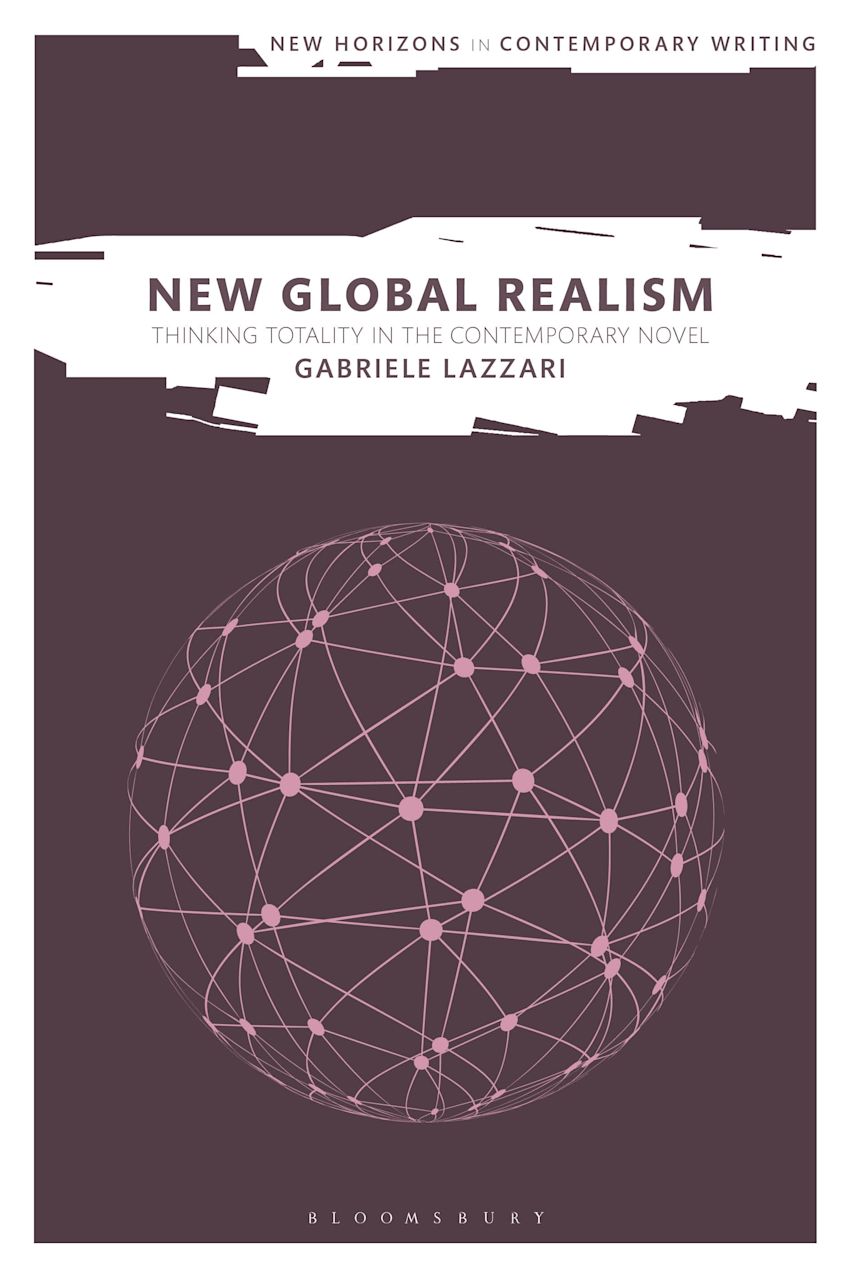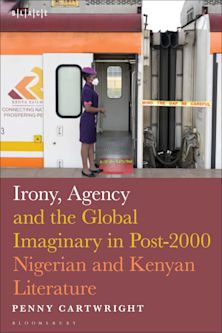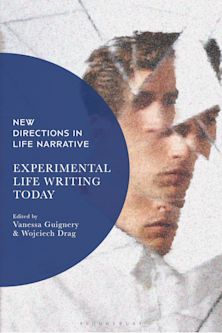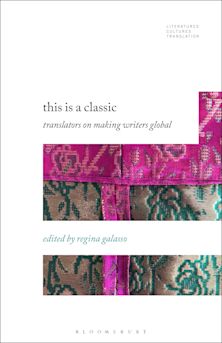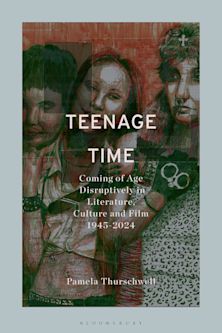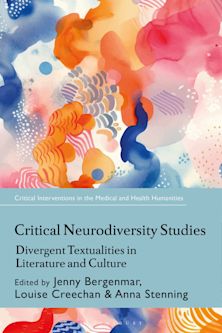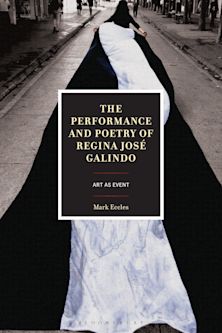- Home
- ACADEMIC
- Literary Studies
- Contemporary Literature
- New Global Realism
New Global Realism
Thinking Totality in the Contemporary Novel
New Global Realism
Thinking Totality in the Contemporary Novel
You must sign in to add this item to your wishlist. Please sign in or create an account
Description
Shortlisted for the BACLS Monograph Prize 2025
A comparative study of contemporary realist novels that employ totality as a method and a formal principle to represent the social and economic inequalities of the present, this book examines writing in English, Italian, Kannada, and Spanish by authors from Zimbabwe, Ghana, Italy, India and Mexico.
By theorizing four modalities of totalization employed by contemporary realist writers, this book explores the current resurgence of realism and challenges critical approaches that consider it naive or formally unsophisticated. Instead, it argues that realist novels offer a self-conscious and serious representation of the world we inhabit while actively envisioning new social designs and political configurations. Through comparative studies of novels by Fernanda Melchor, NoViolet Bulawayo, Vivek Shanbhag, Nicola Lagioia, Igiaba Scego, Yaa Gyasi and Roberto Bolaño, this book further explains why realism can be a powerful antidote to the skepticism about the possibility of making truth-claims in humanist research.
Table of Contents
Chapter 1 – Intensive Localization: Geographies of Violence and Displacement in Fernanda Melchor and NoViolet Bulawayo
Chapter 2 – Combination in the Semi-Peripheral Novel: Vivek Shanbhag and Nicola Lagioia
Chapter 3 – Juxtaposition: Revisiting Histories of Race and Migration in Igiaba Scego and Yaa Gyasi
Chapter 4 – Scaling Up to the Extensive Totality: The Expansive Realism of Roberto Bolaño
Conclusion – Global Comparative Futures
Bibliography
Product details

| Published | 22 Aug 2024 |
|---|---|
| Format | Ebook (PDF) |
| Edition | 1st |
| Extent | 240 |
| ISBN | 9781350385689 |
| Imprint | Bloomsbury Academic |
| Series | New Horizons in Contemporary Writing |
| Publisher | Bloomsbury Publishing |
About the contributors
Reviews
-
This is a very exciting book; timely, intellectual, and moving in all the right directions of the future of literary study.
Professor Stephen Shapiro, University of Warwick, UK

ONLINE RESOURCES
Bloomsbury Collections
This book is available on Bloomsbury Collections where your library has access.











